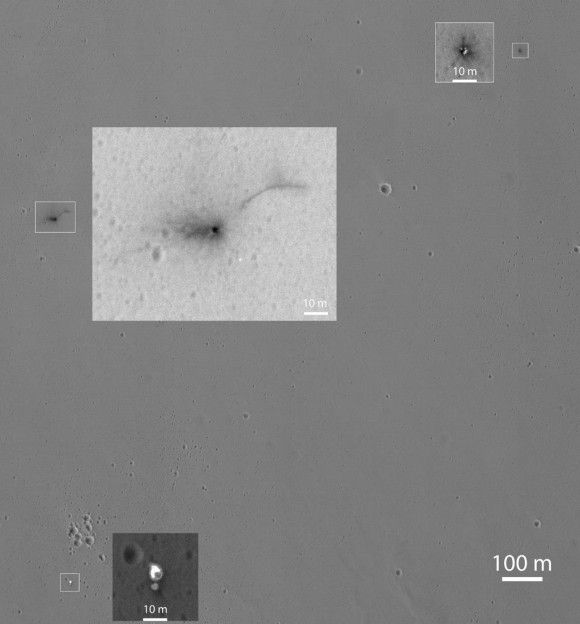Defence Policy
Spectacular Compromise On The Part of the Russians. New Agreement Between Orlen and Rosneft
Discount, sales flexibility, supplies delivered to Mažeikiai through the Būtingė oil terminal – these are some of the huge steps taken by the Russians in order to, at least partially, defend the Polish crude oil export market. Despite the above, the spot agreements market share is going to be successively increased anyway, as more and more of agreements of this type are being signed with the partners from the Middle East.
At the end of December, PKN Orlen company informed that it has signed an annex of a long-term agreement, concluded with Rosneft. The agreement has been concluded for the term of three years, and it covers supplies of 18 to 25.2 million tonnes of crude oil, via the “Friendship” oil pipeline. The contract value is defined as PLN 26 billion. According to the content of the agreement, some of the supplies may be received at the Gdansk Oil Terminal, or at the Lithuanian Būtingė Terminal. The annex is significant, both for the Russians, as well as for the Poles.
The Poles, have achieved very good pricing conditions, as the former contract signed with Rosneft had a value defined as PLN 46 billion, covering supplies of 18 million tonnes of crude oil. The new agreement takes into account the global price drops, and, as Energetyka24.com found out, the document also assumes implementation of a special discount provided by the Russians, in the light of the competition which is getting more and more intense in the Baltic region. The negotiations between the Poles and the Russians would become even more interesting, should all “Iran deal” limitations be revoked in 2015. However, no such circumstances exist, thus Orlen needs to use predominantly the Saudi argument, within its dialogue with Orlen.
The new agreement is also important for the Plock-based company, also within the context of its significant flexibility. The agreement is, by no accident, flexible quantitatively, since it covers a purchase of 18 – 25.2 million tonnes of the resource. A similar, three year agreement between Orlen and Tatneft Europe AG, contains an analogous provision, covering the quantity between 3.6 – 7.2 million tonnes of the resource. Maximum crude oil volume, covered by both Agreements, is defined as ca. 900 thousand tonnes of crude oil per month, while the Płock refinery is capable of processing a quantity of 1.2 – 1.4 million tonnes monthly. This makes it possible to, via spot agreements with Iran or Saudi Arabia, to import 300 – 500 thousand tonnes of crude oil per month. The lower limit of the contracts signed by and between Orlen and Rosneft, and Orlen and Tatneft Europe AG, is contained in a total quantity of 600 thousand tonnes. In such case, 600 – 800 thousand tonnes of margin exists, making it possible to conclude additional spot agreements.
The discount mentioned above, or the flexibility, with the latter being shown by a symptom in a form of the price brackets, are not the only elements of the compromise offered by the Russians under pressure of the growing competition in the Baltic region. The clause pertaining the fact that some of the supplies will be realized through the Lithuanian Būtingė terminal is quite significant as well. This step allows the Poles to optimize the profitability of the Mažeikiai plant, the facility, the operation of which which – starting from the moment when it was bought by Orlen – was being hampered by the Russians.
As we can see, the Russians managed to defend the traditional sales market in Poland only partially, since there is a great room for the spot agreements. The Russian Party was also forced to create a compromise, in a form of the discount and supplies for the Mažeikiai plant. Long-term agreements – nowadays – have their terms not much longer than the mobile phone agreements made by an ordinary John Smith. No symptoms suggest that the position of the Russians is going to get better until the moment when the aforementioned agreements would be renegotiated.
The signals coming from the Polish Companies unanimously show that there is a great will to continue diversification of the supplies. Decisions are made by PKN Orlen, to reduce the market share of the long-term agreements, replacing them with spot agreements, using an opportunity provided by the fact that new players have entered the market, from Saudi Arabia, through Iran, finishing with the United States. The situation in case of the Lotos company is similar, since it, according to the information obtained by us, would like to import even 10% of the total volume of the imported resources, from the markets located outside of Russia.
See also: Saudi Arabia Considers Storing Its Crude Oil in Gdansk
